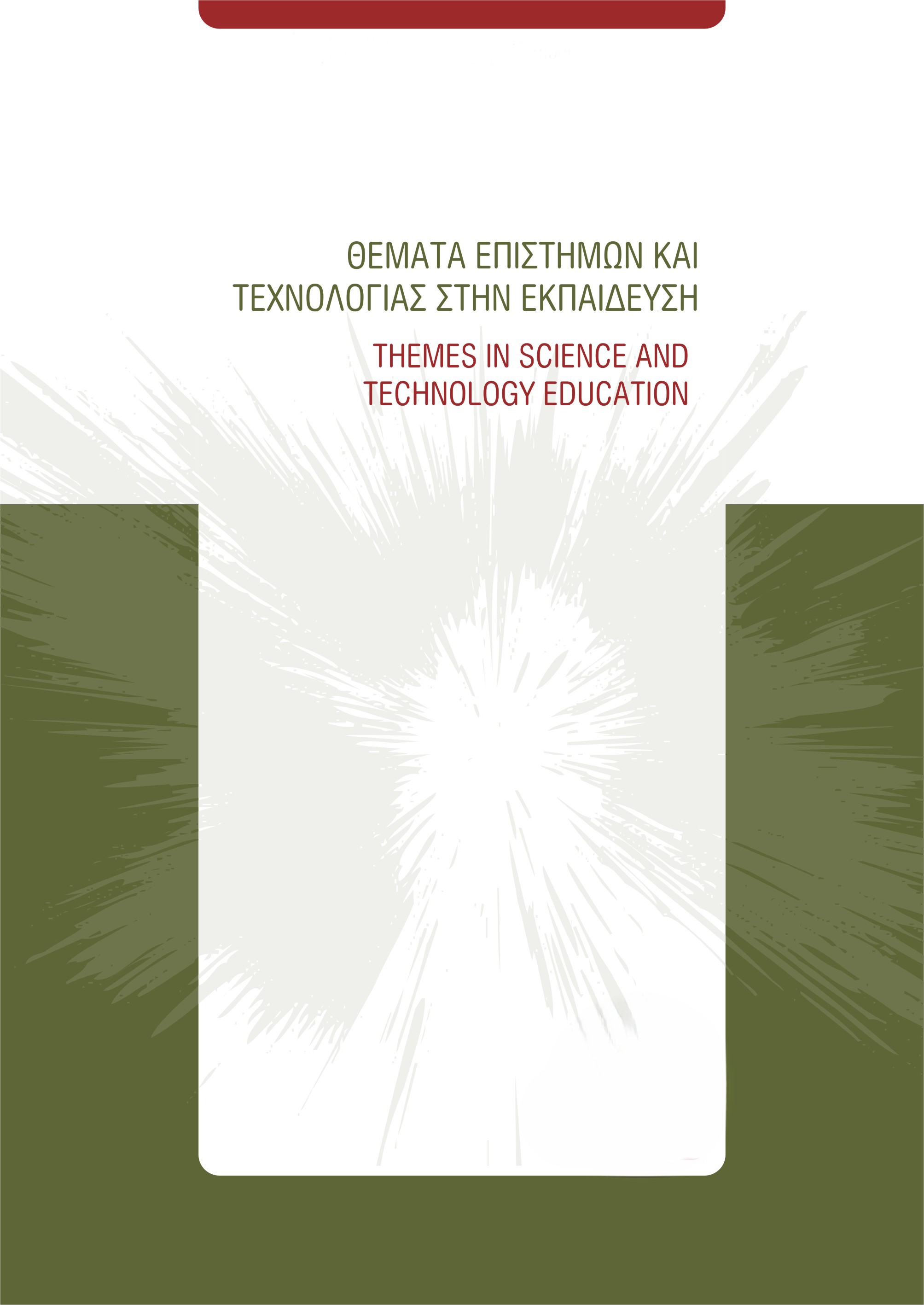Παράγοντες σχεδιασμού Μαζικών Ανοικτών Ηλεκτρονικών Μαθημάτων για την επαγγελματική ανάπτυξη εκπαιδευτικών: Μελέτη των απόψεων των συμμετεχόντων
Abstract
Τα Μαζικά Ανοικτά Ηλεκτρονικά Μαθήματα (MOOCs) έχουν τύχει τα τελευταία χρόνια ευρύτατης απήχησης ως μέσο παροχής ευέλικτης εκπαίδευσης από απόσταση σε μεγάλο αριθμό ατόμων, ενώ έχουν προταθεί ως εναλλακτικό περιβάλλον υλοποίησης προγραμμάτων επαγγελματικής ανάπτυξης εκπαιδευτικών. Στην εργασία αυτή παρουσιάζεται μία μελέτη που αφορά τον σχεδιασμό και την υλοποίηση ενός MOOC για την ανάπτυξη φιλολόγων, ώστε να εντάξουν εργαλεία Web 2.0 στη διδασκαλία των γλωσσικών μαθημάτων. Οι αρχές σχεδιασμού του συγκεκριμένου MOOC βασίστηκαν σε τέσσερις διαστάσεις συμμετοχής των εκπαιδευομένων: α) εμπλοκή και δημιουργικότητα στις ατομικές εργασίες, β) αλληλεπίδραση με συναδέλφους, γ) αμοιβαία υποστήριξη και δ) συνεργατική υλοποίηση εργασιών σε ομάδες εκπαιδευτικών. Τα δεδομένα της έρευνας προήλθαν μέσω ερωτηματολογίου που συμπλήρωσαν 372 εκπαιδευτικοί που ολοκλήρωσαν επιτυχώς το μάθημα. Από την ανάλυση των απόψεων των εκπαιδευτικών αναδείχθηκαν οκτώ παράγοντες σχεδιασμού και υλοποίησης των MOOCs: α) περιεχόμενο και εκπαιδευτικό-υποστηρικτικό υλικό, β) κατάλληλες μαθησιακές δραστηριότητες και εργασίες, γ) χρήση ασύγχρονων συζητήσεων για επικοινωνία μεταξύ των συμμετεχόντων, δ) δυσκολίες συμμετοχής στις συνεργατικές δραστηριότητες, ε) κατάλληλη χρονική διάρθρωση εργασιών, στ) αξιοποίηση ασύγχρονων συζητήσεων για υποστήριξη-βοήθεια, ζ) λειτουργία των ομάδων εργασίας και η) δυσκολίες στην εκπόνηση εργασιών.
Article Details
- How to Cite
-
Κούκης Ν., & Τζιμογιάννης Α. (2019). Παράγοντες σχεδιασμού Μαζικών Ανοικτών Ηλεκτρονικών Μαθημάτων για την επαγγελματική ανάπτυξη εκπαιδευτικών: Μελέτη των απόψεων των συμμετεχόντων. Themes in Science and Technology Education, 12(2), 57–79. https://doi.org/10.12681/thete.39991
- Issue
- Vol. 12 No. 2 (2019)
- Section
- Articles






